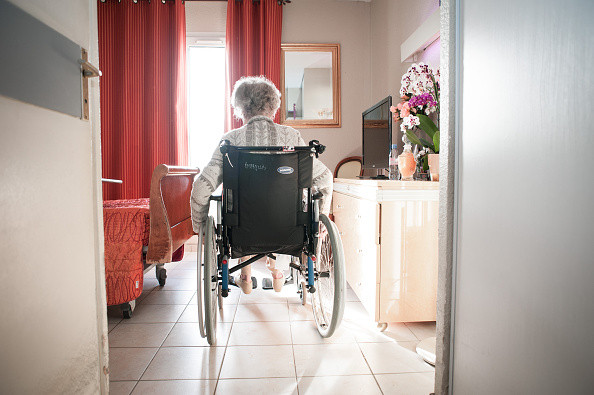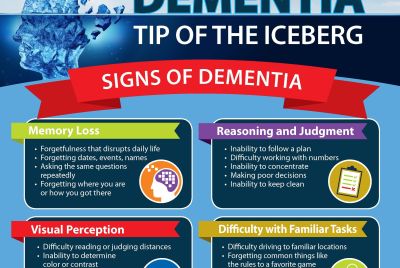Fifth of nursing home residents are abused by fellow residents

Up to one in five elderly residents in nursing homes experience verbal or physical abuse from other residents, researchers claim. While mistreatment in the hands of nursing staff is generally more publicised, they believe violence between patients may be much more widespread and problematic.
Up to now, however, there were no large-scale studies to assess the prevalence of such abuse. This latest research study, published in the journal Annals Of Internal Medicine, is one of the first to tackle the issue of resident-on-resident elder mistreatment, and to measure its extent in different nursing homes.
Physical and verbal abuse
The researchers worked in five urban and five suburban New York state nursing homes, where 2,011 residents lived.
During one month, they recorded any events of mistreatment committed by residents on other residents.
Mistreatment was defined as "negative and aggressive physical, sexual or verbal interaction between long-term care residents that in a community setting would likely be construed as unwelcome and have high potential to cause physical or psychological distress in the recipient."
Through interviews with staff and residents, incident reports, field observations and data collected from charts and shift reviews, the researchers were able to draw an accurate picture of the level of mistreatment experienced by residents by the hands of other residents.
About 20% ended up being abused either verbally − in the most common cases − or physically. In some rare instances, sexual assault was also observed.
Victims and perpetrators
People with severe levels of cognitive impairment, those who were residing in the dementia units, or in units where nurses deal with a large number of patients, were all associated with a higher risk of residents experiencing mistreatment − or perpetrating it. .
Commenting on the study, XinQi Dong, managing director of MPH Rush Institute For Health Aging in Chicago said it is crucial to recognise that dementia can cause people to perpetrate these abuses and that they must be treated with care and respect nevertheless.
"We must recognise that residents may be both victims and perpetrators, and avoid blaming victims or resorting to interventions of convenience, such as the use of chemical sedation and physical restraints," he writes in an editorial.
These findings are important because they illustrate the large and pervasive problems experienced in nursing homes that they struggle to find solutions for. Having a better understanding of this type of abuse and its causes could lead to development of better prevention strategies.
© Copyright IBTimes 2025. All rights reserved.






















